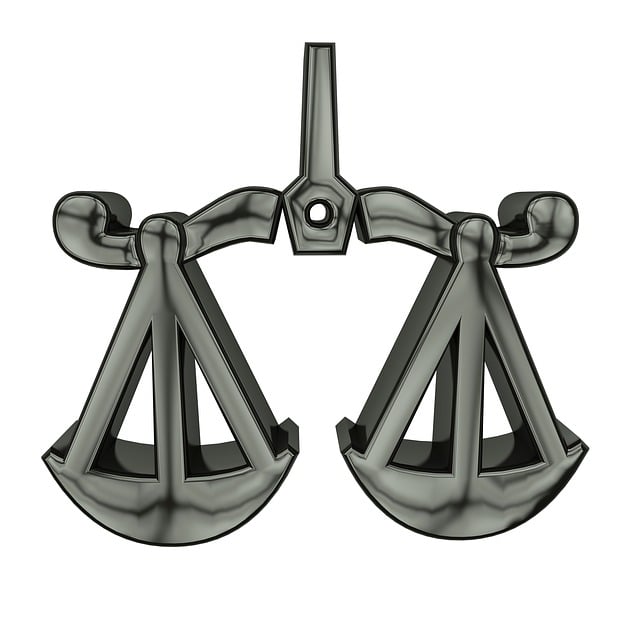RF Regulatory Agency (RERA) investigations ensure wireless safety by probing equipment emissions, interference, and personal injury claims within legal limits. Time limits for personal injury claims vary by region, influencing RERA's enforcement actions and outcomes. Understanding these deadlines is crucial for businesses and individuals to cooperate transparently, avoiding indictment and potentially shaping jury trials. Non-compliance carries severe legal consequences, highlighting the importance of skilled defense representation throughout RF regulatory navigation.
“Unraveling RF Regulatory Agency Investigations: A Comprehensive Guide offers insights into the intricate world of radio frequency (RF) regulatory compliance. This article delves into the process, actors, and legal repercussions of such inquiries, crucial knowledge for any industry navigating RF spectrum usage. From understanding key investigation elements to grasping the urgency of time limits—similar to the importance of timely responses in personal injury claims—this guide equips readers with essential awareness for successful RF regulatory agency interactions.”
- Understanding RF Regulatory Agency Investigations
- Who Initiates and Conducts These Inquiries?
- Key Elements in an Investigation Process
- Legal Implications for Non-Compliance
- Time Limits for Responding to RF Investigations
Understanding RF Regulatory Agency Investigations

RF Regulatory Agency Investigations are crucial processes aimed at ensuring compliance with wireless communication standards and safety protocols. These investigations delve into potential violations, from equipment emissions to interference issues, and even personal injury claims. Understanding the scope and timeline of such inquiries is essential for stakeholders across industries.
In terms of time limits, personal injury cases within these investigations adhere to specific legal frameworks, often dictating a limited window for claims. This prompts businesses and individuals alike to navigate all stages of the investigative and enforcement process proactively. Additionally, avoiding indictment through diligent cooperation and transparency during these inquiries can significantly impact outcomes in potential jury trials.
Who Initiates and Conducts These Inquiries?

RF Regulatory Agency investigations are initiated and conducted by specialized bodies within a country’s regulatory framework. These agencies are tasked with ensuring compliance with radio frequency (RF) standards and regulations, which are crucial for maintaining a safe and efficient wireless communication environment. Typically, such inquiries are triggered by suspicions of non-compliance, signal interference issues, or complaints from the public or industry stakeholders.
The process involves thorough investigations, including site visits, equipment examinations, and data analysis. The respective business entities under scrutiny have the right to legal representation during these inquiries. In some cases, if the evidence warrants it, these investigations can lead to the complete dismissal of all charges or a fine, depending on the severity of the infraction. It’s worth noting that time limits for personal injury claims and other regulatory actions are influenced by jurisdiction-specific laws, which vary widely.
Key Elements in an Investigation Process

The investigation process by an RF Regulatory Agency is a meticulous dance designed to uncover potential violations within the complex landscape of wireless communication technologies. Key elements include thorough document review, where every record and report is scrutinized for discrepancies; comprehensive interviews with stakeholders, ensuring all perspectives are considered; and rigorous field testing to validate or challenge initial findings. This methodical approach aims to avoid indictment by presenting unbiased, evidence-based conclusions, which in turn fosters trust within the philanthropic and political communities that rely on these regulations.
Time limits for personal injury claims play a less direct role but are nonetheless crucial. While they don’t guide the investigation itself, they shape the agency’s ability to effectively pursue enforcement actions. Rapid investigations are beneficial as they prevent evidence from dissipating or memories from fading, enhancing the likelihood of successful prosecutions and compensations for affected parties. This timely process not only ensures justice but also reinforces the deterrence factor of regulatory oversight, ultimately contributing to a safer, more transparent wireless communication environment.
Legal Implications for Non-Compliance

The legal implications of non-compliance with RF (Radio Frequency) regulatory guidelines can be severe, particularly in cases involving personal injury claims. Failure to adhere to established standards and time limits for personal injury claims may result in significant penalties for individuals or organizations found negligent. These penalties range from monetary fines to potential civil lawsuits, depending on the nature and extent of the non-compliance.
Understanding the intricacies of RF regulations is crucial, especially during all stages of the investigative and enforcement process. A robust general criminal defense strategy can help navigate these complex matters, ensuring that clients’ rights are protected. Moreover, a successful winning challenging defense verdicts track record demonstrates the expertise required to defend against allegations, even in cases where technical complexities may seem insurmountable.
Time Limits for Responding to RF Investigations

When facing an RF Regulatory Agency investigation, understanding time limits is crucial for effective response strategies. In general, respondents have a limited window to act once an inquiry is initiated. This promptness is essential in many legal contexts, including those involving white-collar defense and personal injury claims. The regulatory body typically sets specific Time Limits for Responding to RF Investigations, which vary based on the complexity of the case and the stage of the investigative and enforcement process.
Failing to comply with these deadlines can result in significant consequences. During all stages of the investigation, from initial requests for information to formal hearings, respondents must remain agile and responsive. This not only ensures a robust defense strategy but also demonstrates a commitment to transparency within the philanthropic and political communities that often intersect with regulatory oversight.
RF Regulatory Agency investigations are crucial processes that ensure compliance with wireless communication standards. By understanding who initiates these inquiries, the key elements involved, and the legal implications of non-compliance, companies can better navigate this complex landscape. Moreover, being aware of the time limits for responding to such investigations, akin to the considerations in personal injury claims, is essential for avoiding penalties and maintaining a robust regulatory standing.






